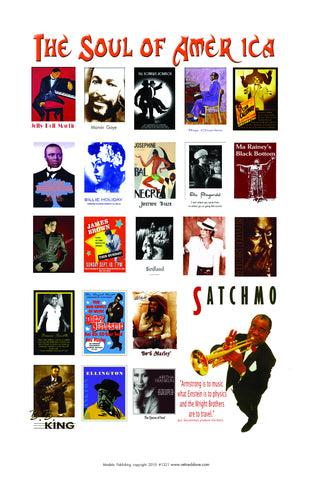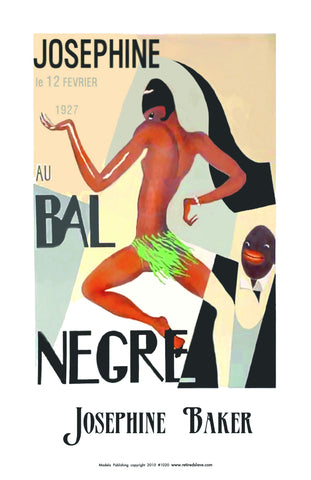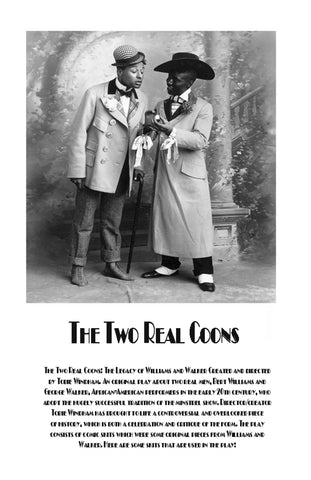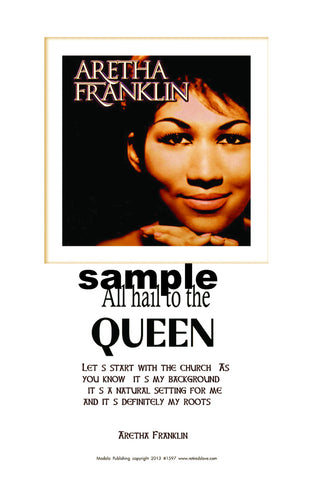Sidney Poitier #1519
$ 8.00
Caption from poster__
Sidney Poitier
" I never had an occasion
to question color, therefore,
I only saw myself as what
I was... a human being."
Sidney Poitier is perhaps widely regarded as a pioneer for African
American performers, opening the door to more versatile roles for
actors of color. Raised in the Bahamas, his strong accent nearly kept
him from pursuing his dream of being an actor. He was determined
however and began to listen to the radio in order to improve his
speaking voice. He was hired as a janitor within the New York City
American Negro Theater in exchange for acting lessons. Sidney Poitier
would make his first appearance on stage as an understudy for actor-
singer Harry Belafonte in a play called, "Days of Our Youth". This
appearance would lead to a small role in the play, "Lysistrata" ; he
was so nervous, he actually delivered the wrong lines before running
off the stage. This setback didn’t hurt his budding career and he was
soon making his way from the stage to the big screen. In 1950, Poitier
made his debut in the film, "No Way Out", playing a doctor who is
stalked by the racist brother of a patient he couldn’t save. He would
follow this film with "Cry, the Beloved Country", "The Blackboard
Jungle", and "The Defiant Ones". In 1961, he made his biggest
impact on American pop culture. That year, Poitier reprised his role
of Walter Lee Younger in the film version of "A Raisin in the Sun".
The film was an adaptation of the book and Broadway show; it was
the first book written by a black woman and the first Broadway
show to be directed by a black man. Two years later, his role in the
movie "Lilies of the Field" would garner him an Academy Award
for best actor, the first time a black actor had ever won the award.
Sidney Poitier would follow this monumental achievement by starring
in three top movies in 1967 "To Sir, With Love", "In the Heat of the
Night”, and "Guess Who’s Coming to Dinner". The last two would
explore the racial tensions of the time, placing Poitier’s characters
against the mindset. While his onscreen characters fought against
racism, Poitier did as well, marching with Dr. Martin Luther King, Jr.
in both Montgomery and Memphis. Poitier would try his hand at
directing in 1972 with the movie, ”Buck and the Preacher”. It was
a western picture for Columbia Pictures and costarred Belafonte;
during an argument with the director, Poitier took over. Impressed
by the footage that he shot, a studio official encouraged the actor to
continue his direction. He would go on to direct comedian Bill Cosby
in the films "Uptown Saturday Night" "Let’s Do It Again", and
"A Piece of the Action" during the 1970’s, as well as the flop "Ghost
Dad" in 1990. Poitier would also direct the hit movie, "Stir Crazy"
pairing comedians Gene Wilder and Richard Pryor for the first time.
Poitier has been recognized for his achievements as an actor, receiving
the Screen Actors Guild Lifetime Achievement Award in 2000, the
NAACP’s Hall of Fame Award in March of the same year, and an
honorary Academy Award in 2002, the same night that African
Americans won awards for both Best Actor and Best Actress.
American performers, opening the door to more versatile roles for
actors of color. Raised in the Bahamas, his strong accent nearly kept
him from pursuing his dream of being an actor. He was determined
however and began to listen to the radio in order to improve his
speaking voice. He was hired as a janitor within the New York City
American Negro Theater in exchange for acting lessons. Sidney Poitier
would make his first appearance on stage as an understudy for actor-
singer Harry Belafonte in a play called, "Days of Our Youth". This
appearance would lead to a small role in the play, "Lysistrata" ; he
was so nervous, he actually delivered the wrong lines before running
off the stage. This setback didn’t hurt his budding career and he was
soon making his way from the stage to the big screen. In 1950, Poitier
made his debut in the film, "No Way Out", playing a doctor who is
stalked by the racist brother of a patient he couldn’t save. He would
follow this film with "Cry, the Beloved Country", "The Blackboard
Jungle", and "The Defiant Ones". In 1961, he made his biggest
impact on American pop culture. That year, Poitier reprised his role
of Walter Lee Younger in the film version of "A Raisin in the Sun".
The film was an adaptation of the book and Broadway show; it was
the first book written by a black woman and the first Broadway
show to be directed by a black man. Two years later, his role in the
movie "Lilies of the Field" would garner him an Academy Award
for best actor, the first time a black actor had ever won the award.
Sidney Poitier would follow this monumental achievement by starring
in three top movies in 1967 "To Sir, With Love", "In the Heat of the
Night”, and "Guess Who’s Coming to Dinner". The last two would
explore the racial tensions of the time, placing Poitier’s characters
against the mindset. While his onscreen characters fought against
racism, Poitier did as well, marching with Dr. Martin Luther King, Jr.
in both Montgomery and Memphis. Poitier would try his hand at
directing in 1972 with the movie, ”Buck and the Preacher”. It was
a western picture for Columbia Pictures and costarred Belafonte;
during an argument with the director, Poitier took over. Impressed
by the footage that he shot, a studio official encouraged the actor to
continue his direction. He would go on to direct comedian Bill Cosby
in the films "Uptown Saturday Night" "Let’s Do It Again", and
"A Piece of the Action" during the 1970’s, as well as the flop "Ghost
Dad" in 1990. Poitier would also direct the hit movie, "Stir Crazy"
pairing comedians Gene Wilder and Richard Pryor for the first time.
Poitier has been recognized for his achievements as an actor, receiving
the Screen Actors Guild Lifetime Achievement Award in 2000, the
NAACP’s Hall of Fame Award in March of the same year, and an
honorary Academy Award in 2002, the same night that African
Americans won awards for both Best Actor and Best Actress.




